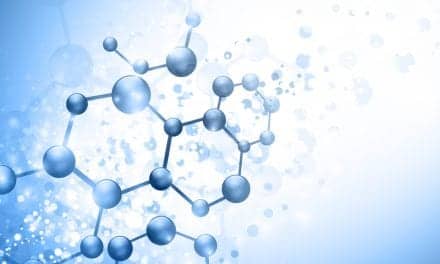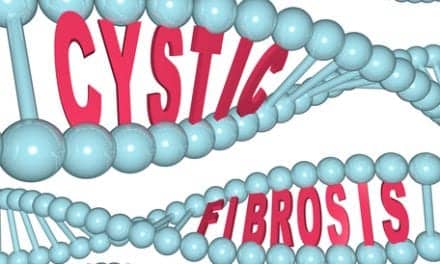Interim results from a multi-cycle Phase II open label clinical trial showed that cystic fibrosis (CF) patients taking the drug ARIKACE™ (liposomal amikacin for inhalation), delivered once daily for 28 consecutive days followed by 56 days off-treatment for four cycles, demonstrated significant improvement in lung function that was sustained during the 56 days off the study drug. According to the findings presented at the 33rd European Cystic Fibrosis Society Conference in Valencia, Spain, ARIKACE was well-tolerated during the four cycles.
The open label study is an extension of a randomized, placebo controlled Phase II study, and was designed to evaluate ARIKACE over multiple treatment cycles in CF patients with Pseudomonas aeruginosa lung infections. The study enrolled 49 patients to receive ARIKACE 560 mg daily for 28 days of therapy followed by a 56-day off-treatment observation period. ARIKACE was administered once daily using an eFlow® Nebulizer System, a portable aerosol delivery system, from PARI Pharma GmbH, Gräfelfing, Germany.
Pulmonary function (FEV1) increased significantly among patients receiving 560 mg of ARIKACE, with an estimated relative change from baseline in FEV1 of 9.2% (95% CI +5.0%, +13.4%; p≤0.0001) at the end of treatment during cycles one to four. The improvement in lung function was sustained at the end of the 56-day off-treatment period during the four cycles with an estimated relative change from baseline FEV1 of 4.7% (95% CI +1.0%, +8.5%; p=0.015).
The study’s findings show that ARIKACE demonstrated statistically significant reduction in Pseudomonas density, including mucoid strains, which was sustained over the treatment period of four cycles for 12 months. Mucoid strains of Pseudomonas are often difficult to suppress with antibiotics and play a greater role in progression of CF lung disease.
ARIKACE demonstrated adverse effects that are consistent with those expected in a CF patient population receiving inhalation medicines.









